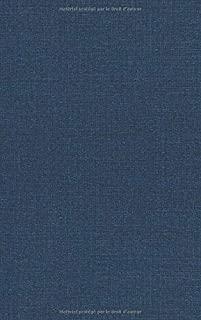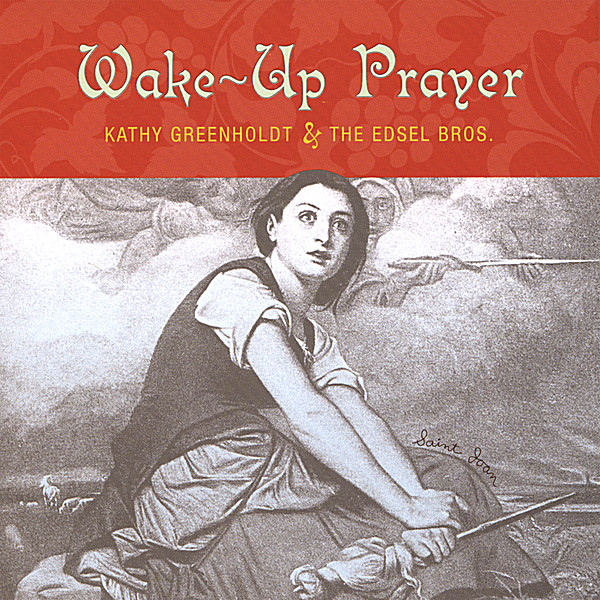
Orwell, George
"Politics and the English Language" (1946) is an essay by George Orwell that criticised the "ugly and inaccurate" written English of his time and examines the connection between political orthodoxies and the debasement of language.
The essay focuses on political language, which, according to Orwell, "is designed to make lies sound truthful and murder respectable, and to give an appearance of solidity to pure wind". Orwell believed that the language used was necessarily vague or meaningless because it was intended to hide the truth rather than express it. This unclear prose was a "contagion" which had spread to those who did not intend to hide the truth, and it concealed a writer's thoughts from himself and others Orwell encourages concreteness and clarity instead of vagueness, and individuality over political conformity.
Remedy of Six RulesOrwell said it was easy for his contemporaries to slip into bad writing of the sort he had described and that the temptation to use meaningless or hackneyed phrases was like a "packet of aspirins always at one's elbow". In particular, such phrases are always ready to form the writer's thoughts for him, to save him the bother of thinking-or writing-clearly. However, he concluded that the progressive decline of the English language was reversible[ and suggested six rules which, he claimed, would prevent many of these faults, although "one could keep all of them and still write bad English".
- Never use a metaphor, simile, or other figure of speech which you are used to seeing in print. (Examples that Orwell gave included "ring the changes", "Achilles' heel", "swan song", and "hotbed". He described such phrases as "dying metaphors" and argued that they were used without knowing what was truly being said. Furthermore, he said that using metaphors of this kind made the original meaning of the phrases meaningless, because those who used them did not know their original meaning. He wrote that "some metaphors now current have been twisted out of their original meaning without those who use them even being aware of the fact".)
- Never use a long word where a short one will do.
- If it is possible to cut a word out, always cut it out.
- Never use the passive where you can use the active.
- Never use a foreign phrase, a scientific word, or a jargon word if you can think of an everyday English equivalent.
- Break any of these rules sooner than say anything outright barbarous.







